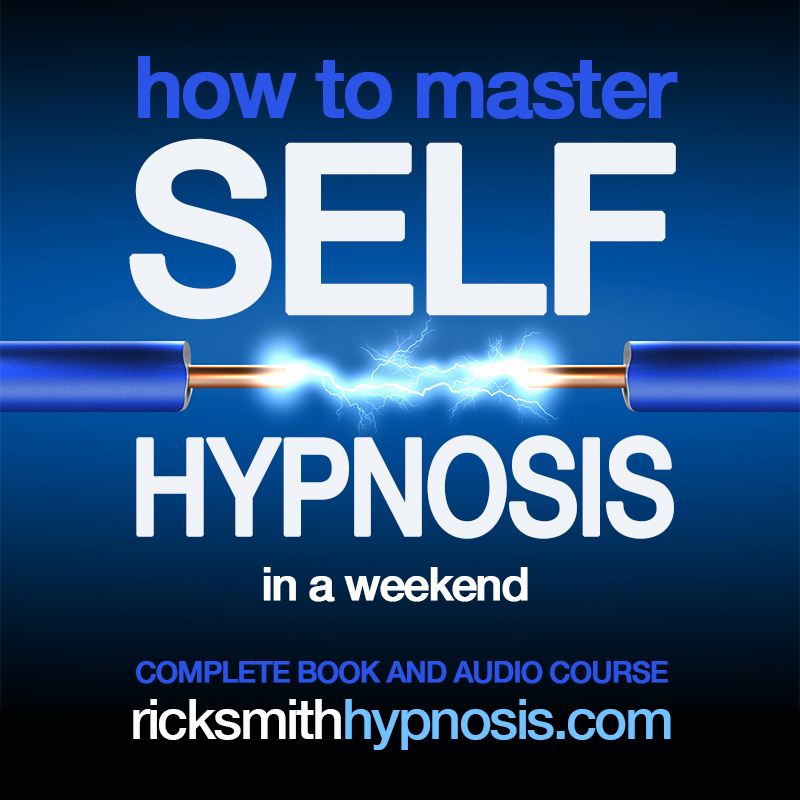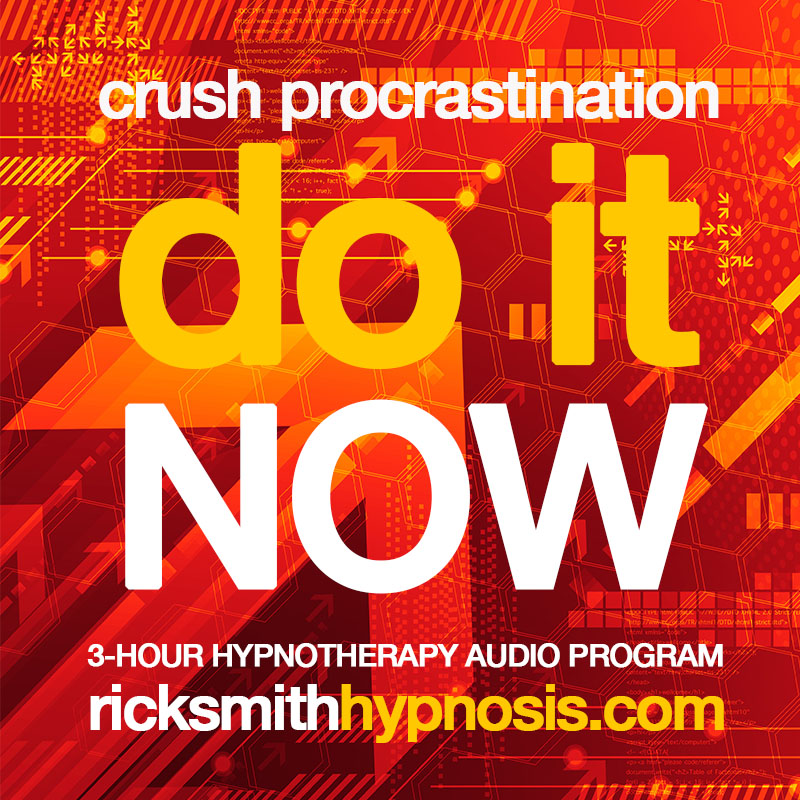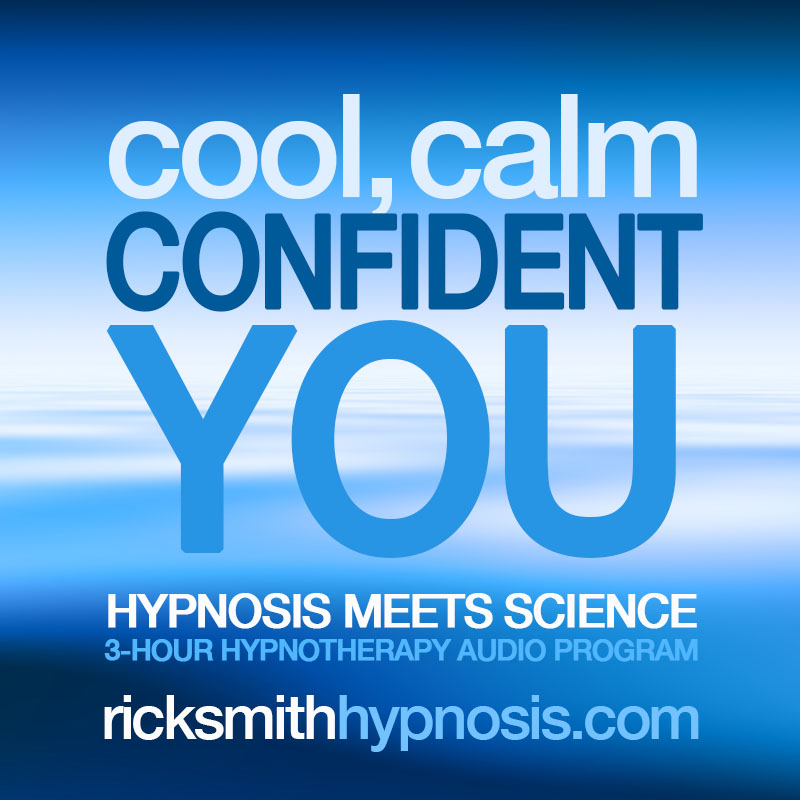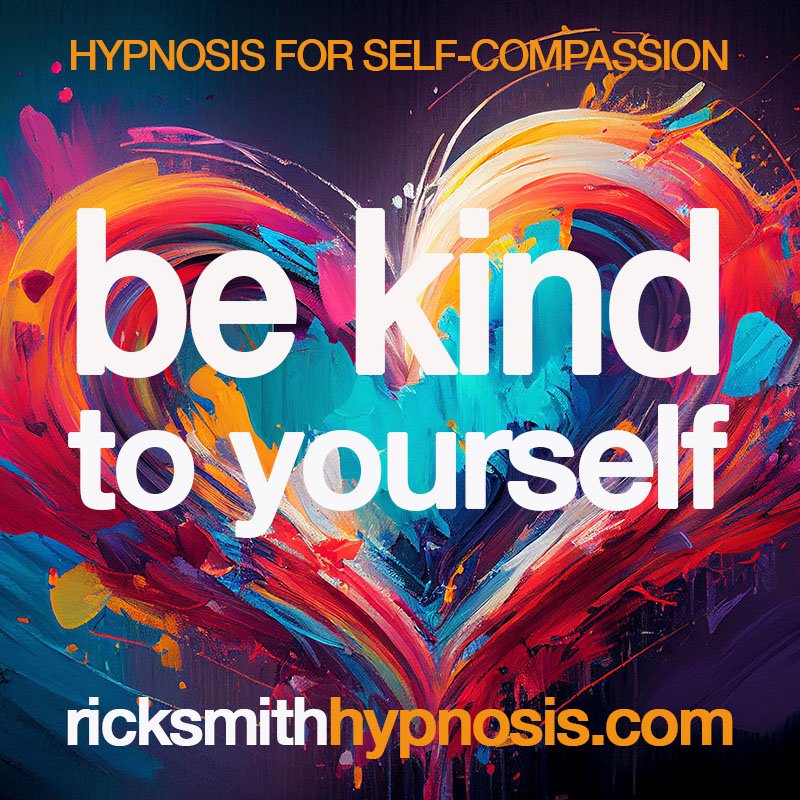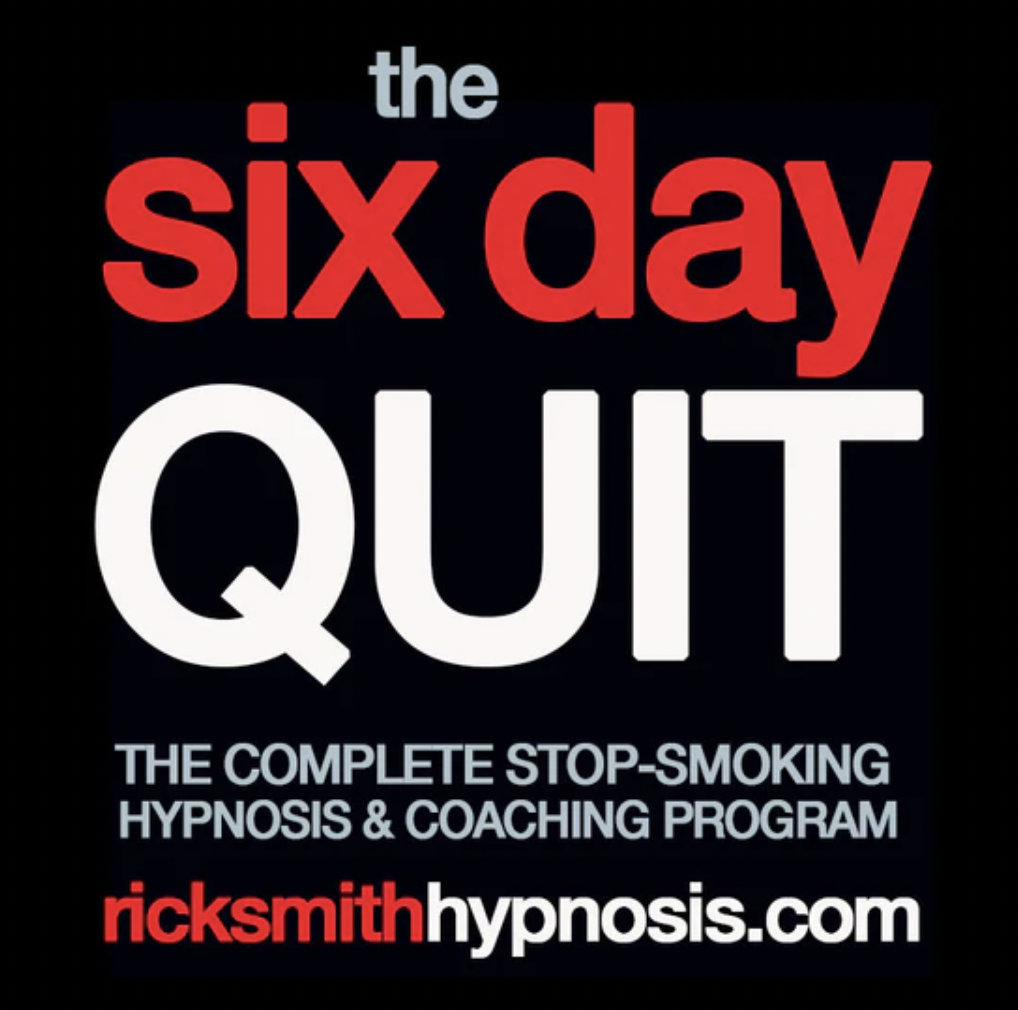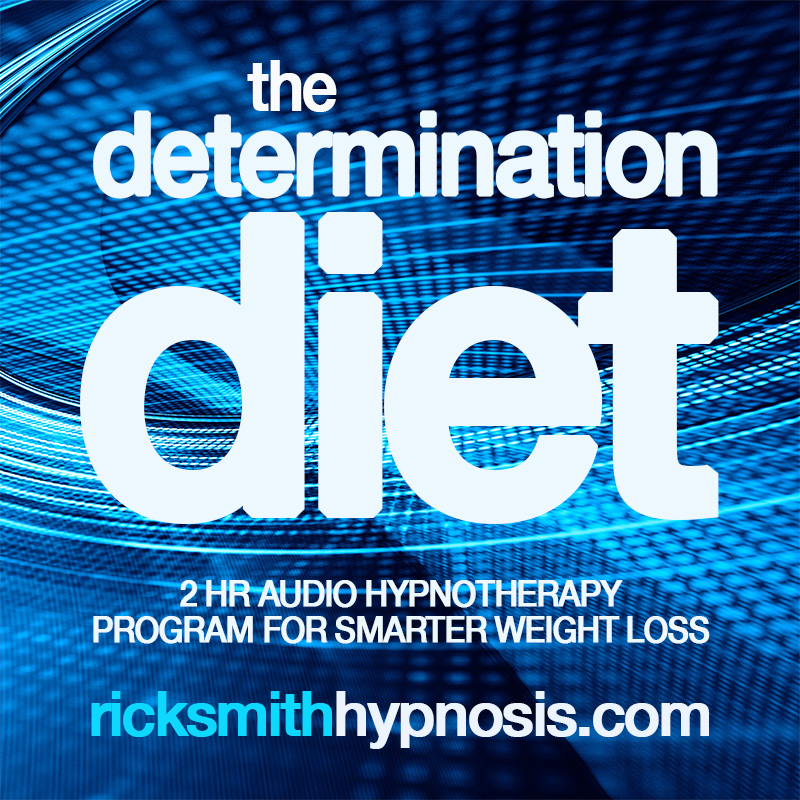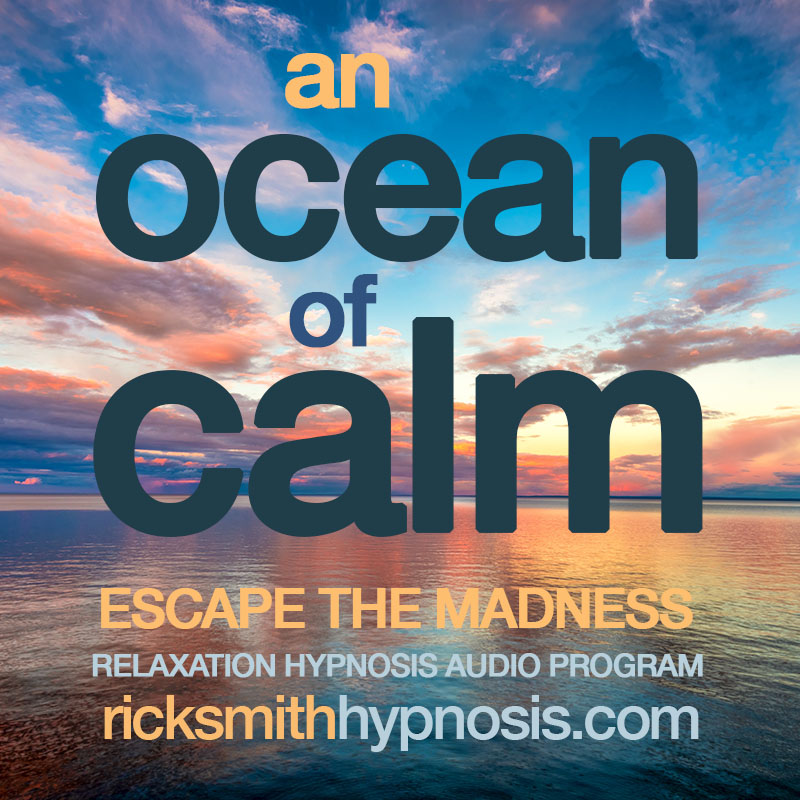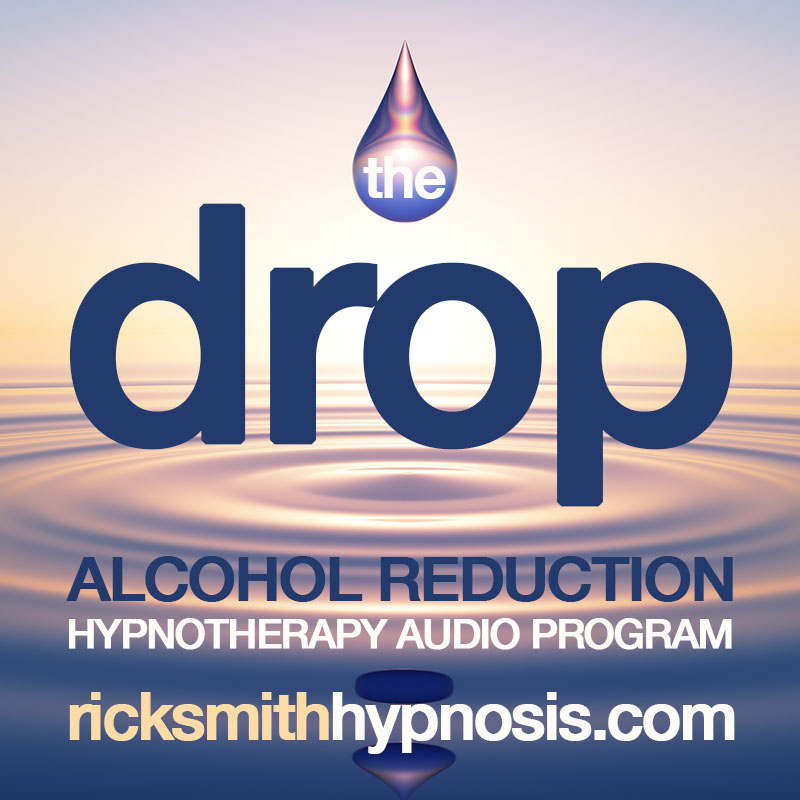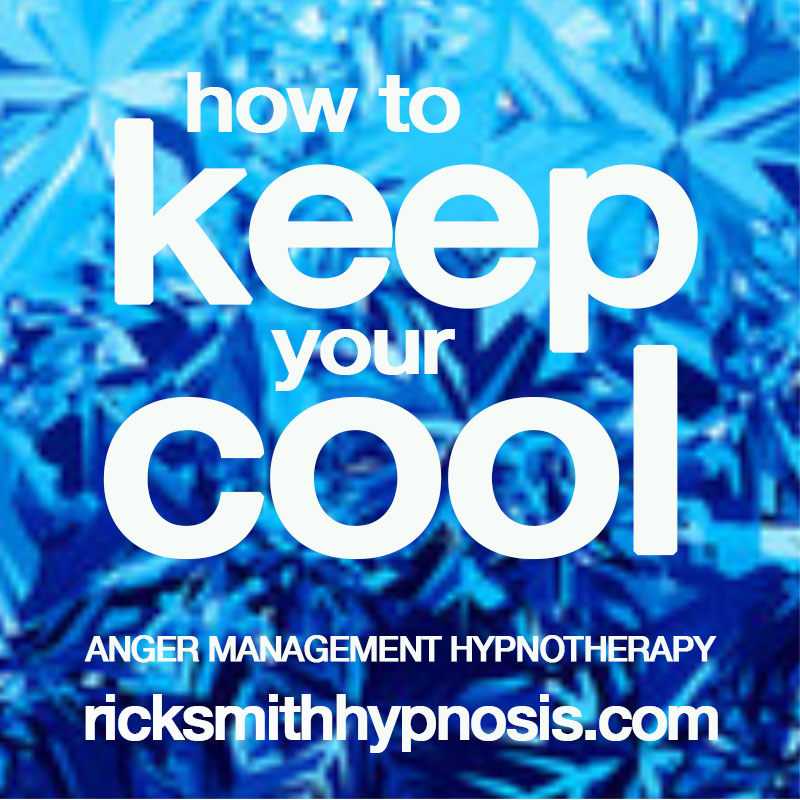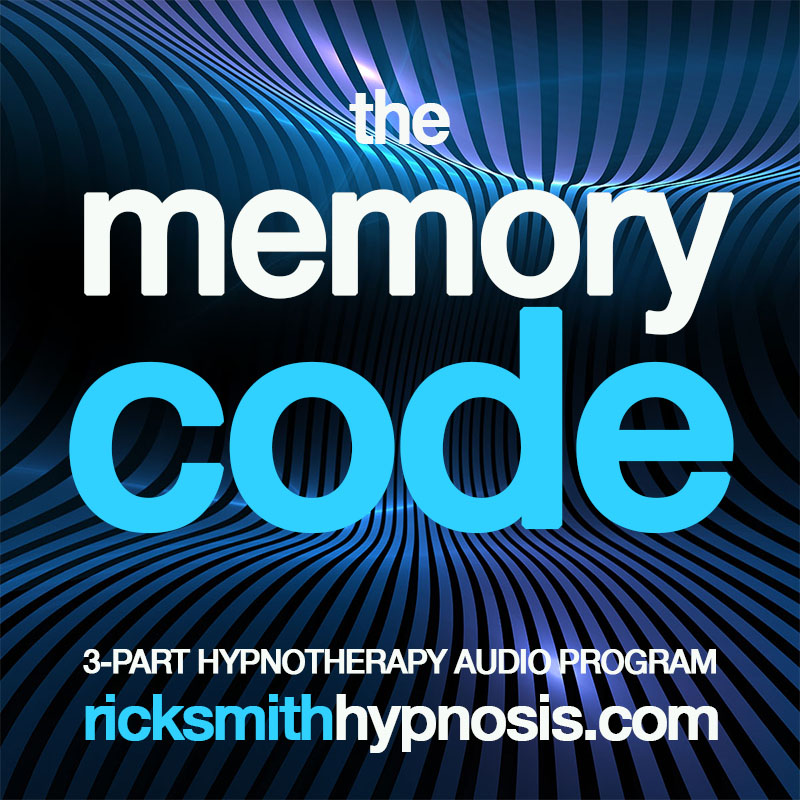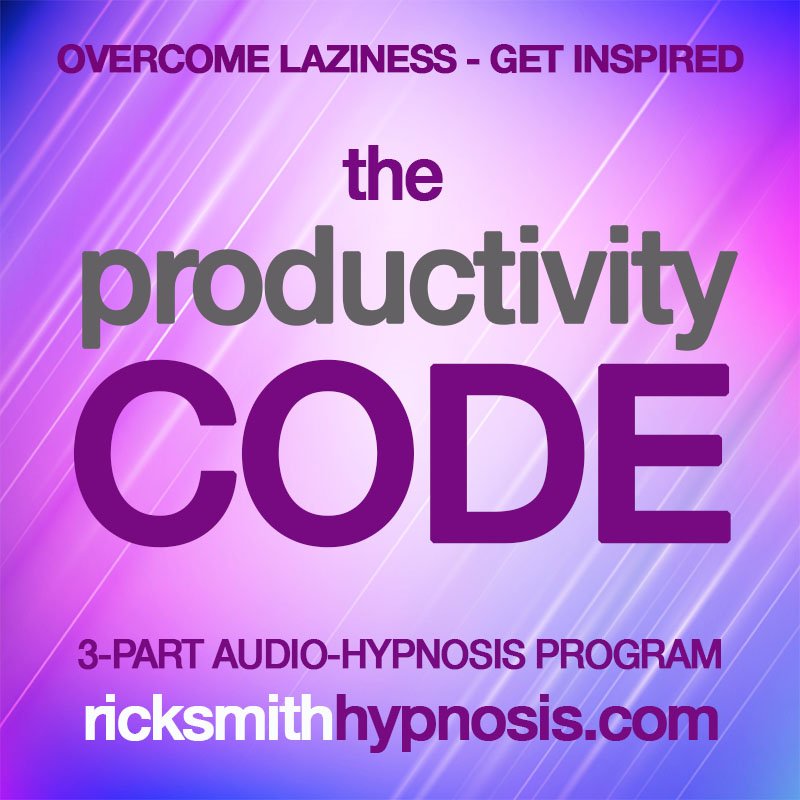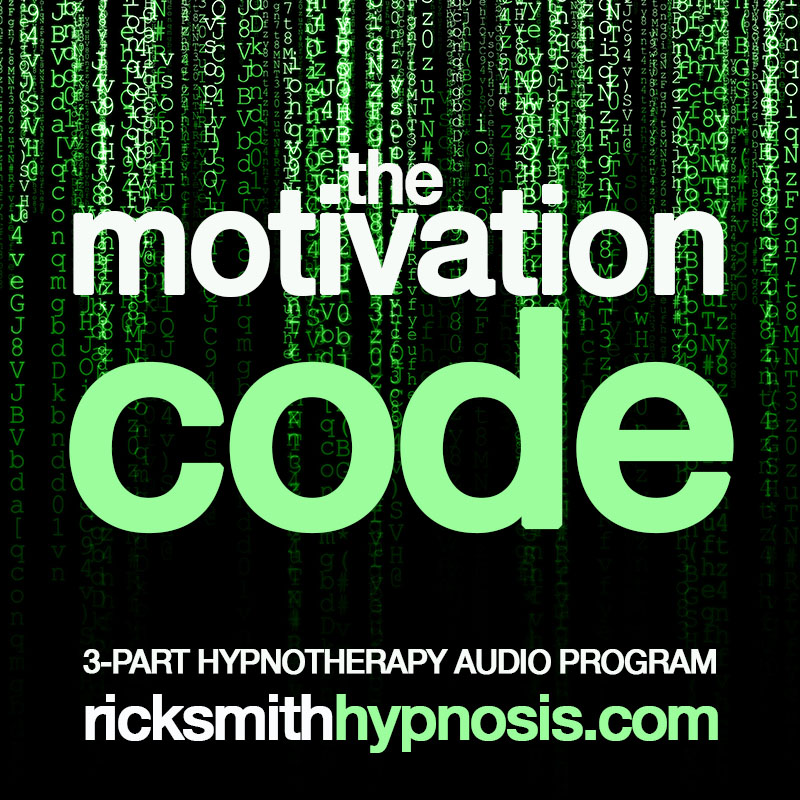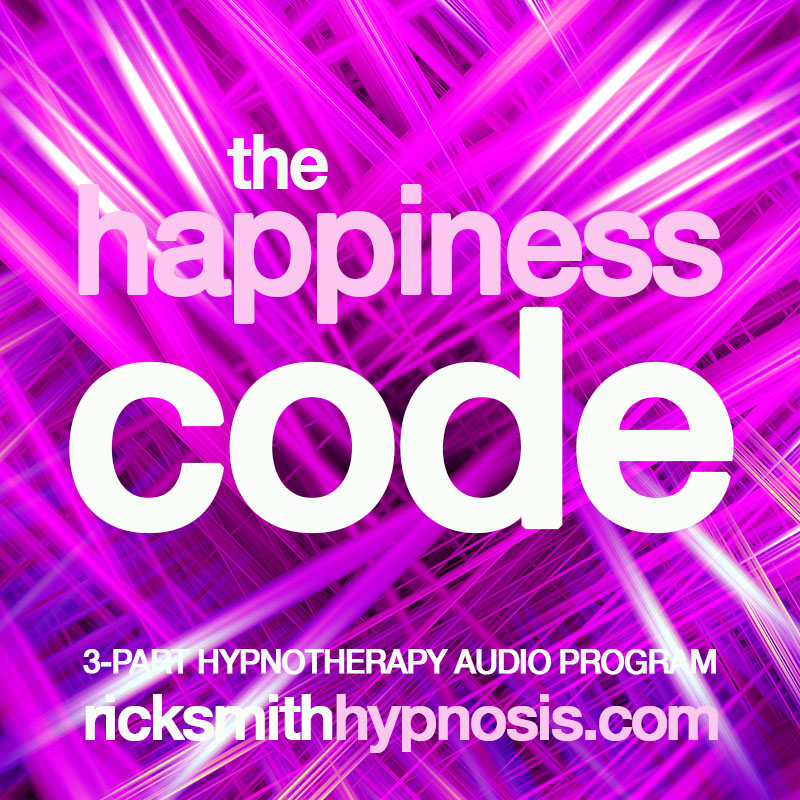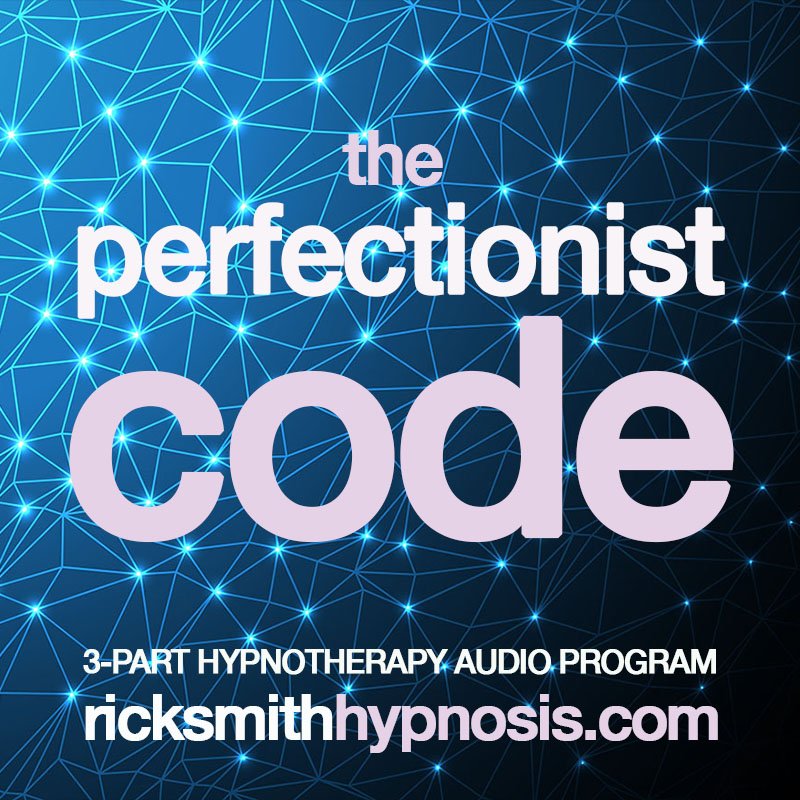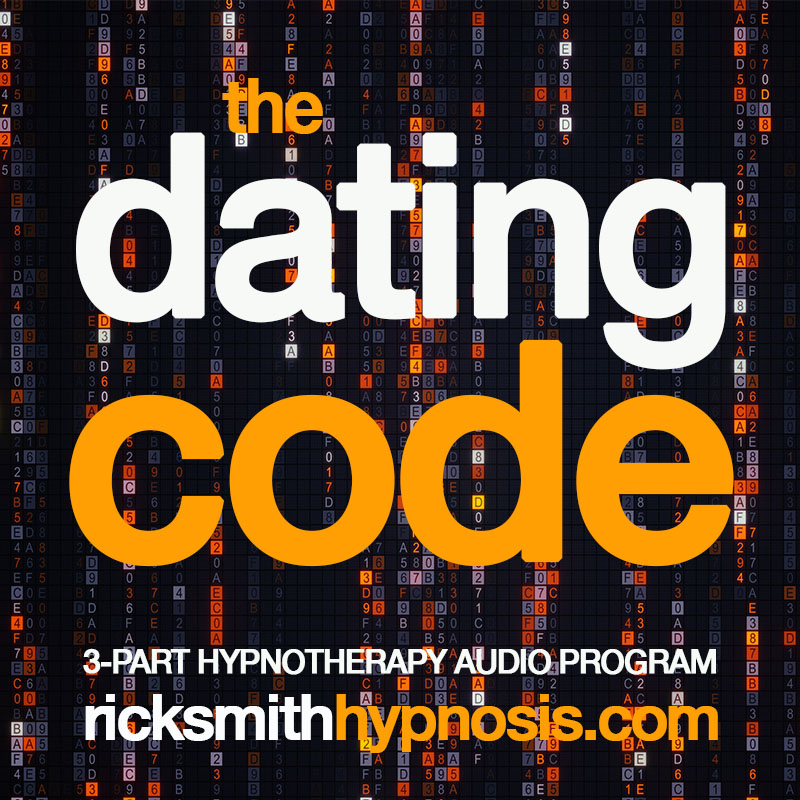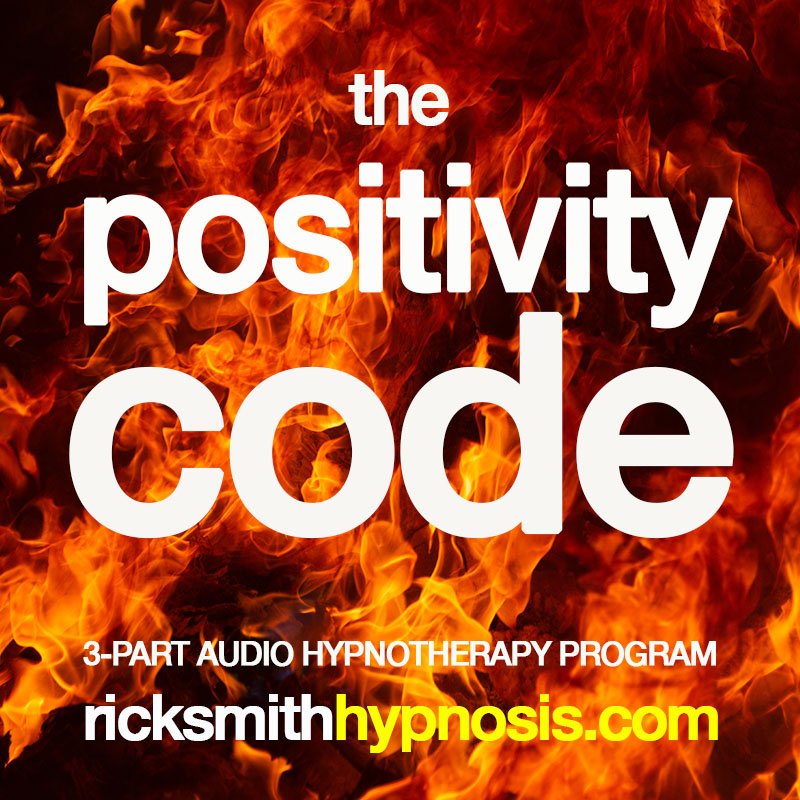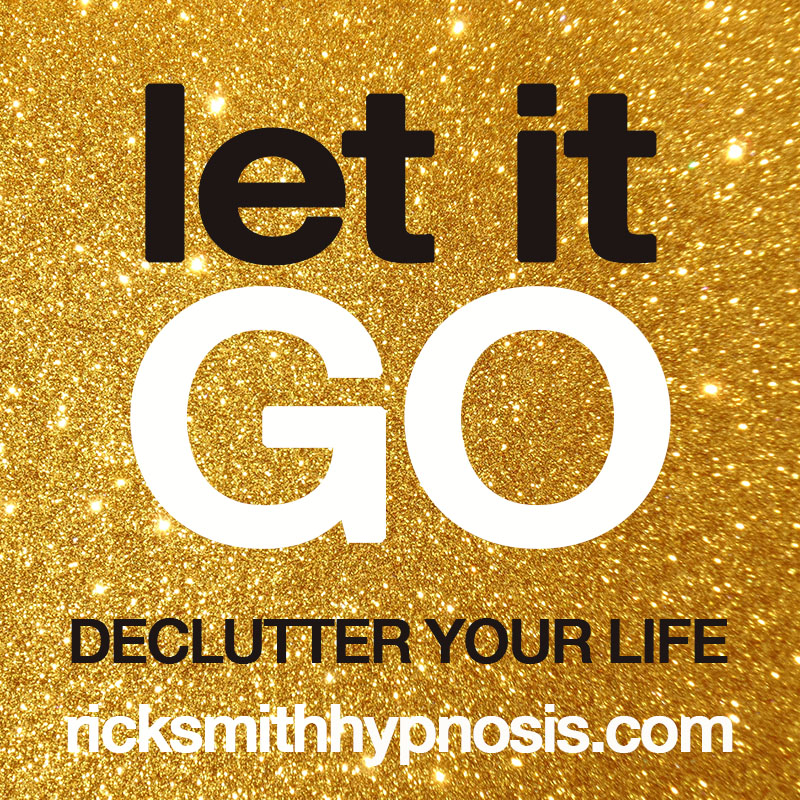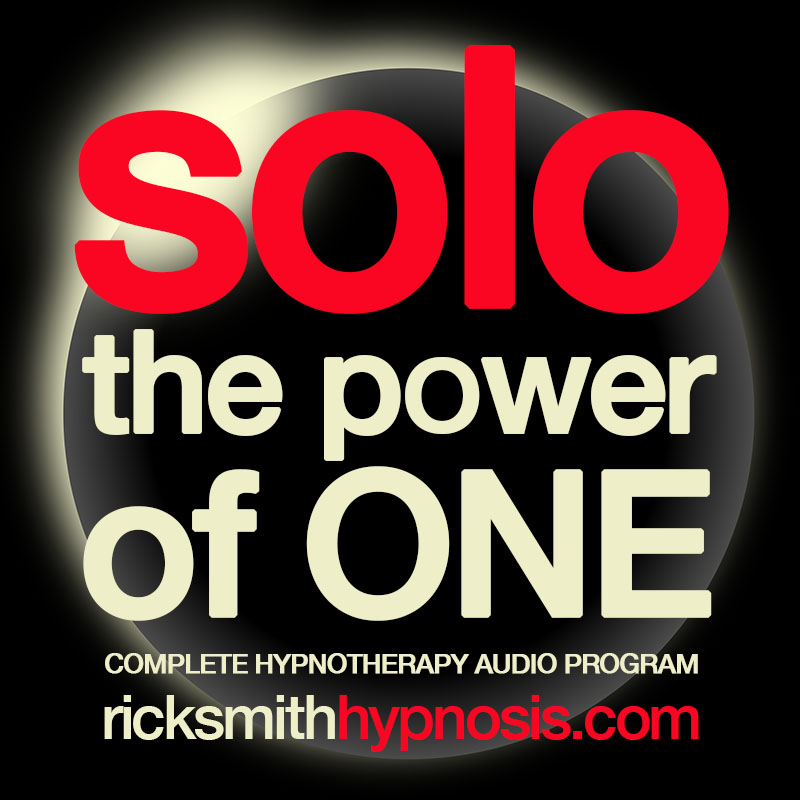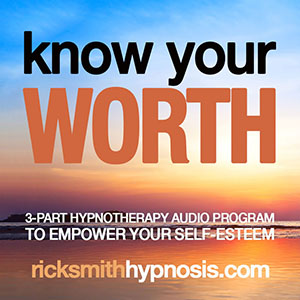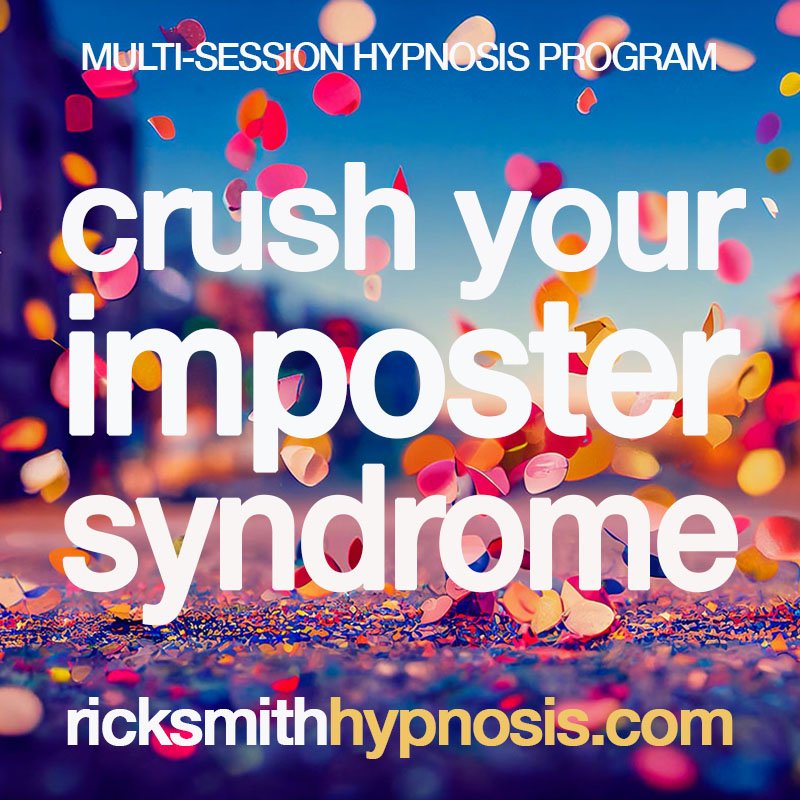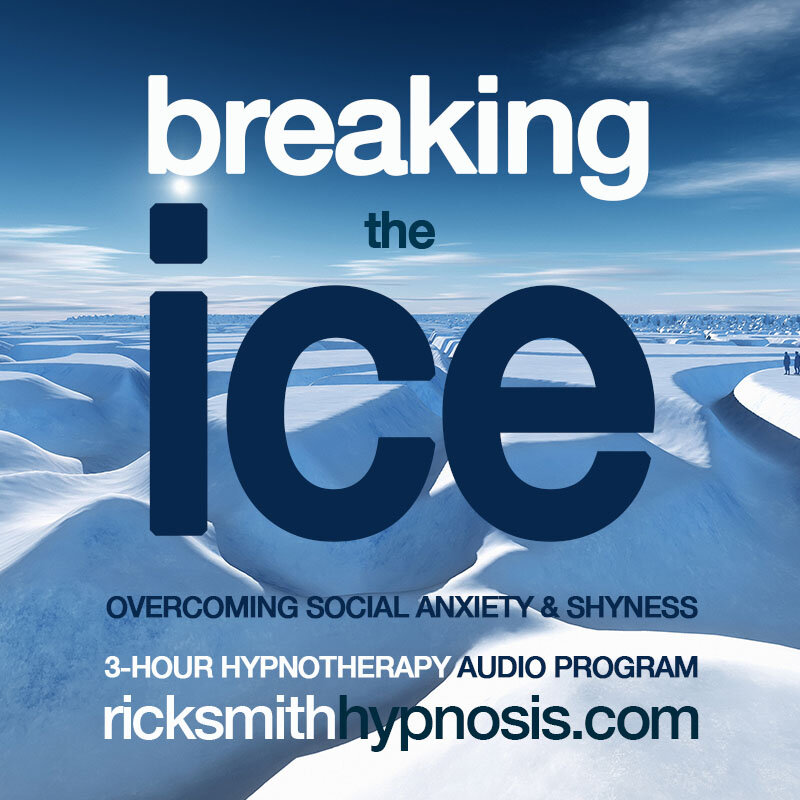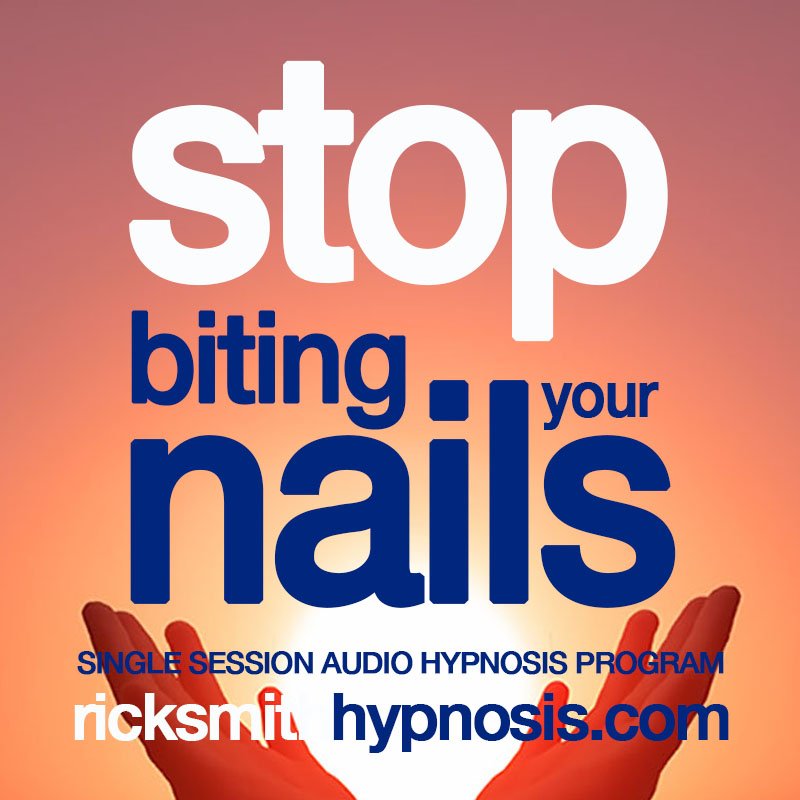If you’ve ever had a massage in a spa, you’ll understand how easy it can be to fall asleep – even if you’re not tired – in an environment of tranquility.
The key to falling asleep is calmness – of both body and mind - and hypnosis does this better than any other method.
Our objective is to find every possible way to induce that calmness in you when you're ready to sleep. Once we achieve that, tiredness will take over, just as nature intended.
The hypnosis techniques we'll be using will enable you to calm your mind. Before we set to work on that, it's also essential to create a calm environment.
To remove and eliminate any external factors which may be contributing to your sleep problems, there are some essential practical steps which you must take. Many of these sound obvious or even silly, but they’ve been proven to work over many thousands of interventions, so don’t dismiss them until you’ve tried them.
Darkness is essential. Your circadian rhythm, the internal clock which tells you when you should be sleeping, relies on melatonin to keep good time. Melatonin production is suppressed by light, especially blue light from TV’s, phones and computers. If your melatonin is blunted, you have very little pushing you towards sleep.
Older people naturally suffer from depleted melatonin; consult your doctor, who may prescribe melatonin supplementation, which is highly beneficial for your overall health, not just your sleep patterns.
I do not recommend you self-medicate with melatonin. However, in recognition that it is an unregulated supplement in some countries, take care if you do. The quality and concentration can vary widely, so do your research and only buy from reputable sources.
Curtains and Masks
If you can’t black out your bedroom, get a sleep mask. The airline masks are rubbish because they press on your eyes. I regularly use a Mindfold mask, which has foam around your eyes so the mask doesn't touch them, and it’s supremely comfortable. I first got it for overnight flights, but now I wear it most nights, especially in the summer when the sun comes up at 4.30am!
This is particularly important because even though waking up too early – when the sun's up - just feels like a nuisance; it's robbing you of your eight hours. Recent research indicates that the most valuable REM sleep – your dream phase – is the final cycle before you wake, provided that's after a full night's sleep. If you're consistently waking too early, you're losing that vital cycle.
Pets & Children
A quick reminder; your chronic sleeplessness is seriously affecting your health, and the longer you allow it to go unchecked, the higher the risk that you will suffer the effects later in life. We’ve already discussed the heightened risk of heart disease, stroke, and dementia. These are real, scientific, high-likelihood outcomes. It’s unlikely you can dodge the bullet.
So, how ruthless are you prepared to be to fix yourself?
You are the most important person in this drama. As a parent, a dog-owner, or merely a family participant, you are used to giving yourself unquestioningly to the welfare of your children and pets. But are you ready to get sick because of your selflessness?
Children and animals can be trained; in this case, you need to take some time to train them to stay out of your bedroom for the eight hours you need to sleep. If your children or pets regularly sleep in your bed, this must stop, right away. No excuses. If your partner objects, you are going to have to be firm and resolute, which is why it's important to bring other members of your family into the picture.
Once people understand that there is a better version of you available to them, but that it depends on you getting plenty of undisturbed sleep, you will have supporters. Do not allow anyone (partners can be particularly unhelpful here) to belittle your condition; explain to them the health risks, how sleeplessness is affecting your well being, and how you are in your daily relationships and put your foot down. You're going to fix this. It would be easier with their help, but if they can't sign up for the program, you are going to take the difficult decisions yourself.
Do not allow your animal(s) to be in your bedroom at night. Typically, dogs have a different sleep cycle to humans. They sleep a lot during the day, which means that it's unlikely they will sleep silently through the night. This will inevitably disturb your sleep patterns, so make sure that pets are not going to be a distraction during the night.
There will be some of you (pet owners, or parents) who will declare that they can’t do anything about this. If you have this attitude, and you’re not prepared to take the hard decisions to make sure you are undisturbed for your allocated sleep cycle, we should probably part company here, because the procedures we’re going to be using in the next chapter simply won’t work unless you can eliminate this type of disturbance at night.
Be firm – this is your long-term health we’re dealing with here.
Bed & Mattress
A high proportion of sleeplessness cases are primarily caused by issues of comfort. If you cannot find a comfortable position in bed, a posture that you can sustain for as long as it takes you to fall asleep, you probably need to consider changing your mattress (or pillows).
When you’re young, you can fall asleep on a log floating over rapids. The sleep hormones in young people, who are still growing and maturing, are strong. The body is drawing on sleep as an essential component of growth and maturation.
But as we get older, our sleep is prioritized for recharging and regenerating. The pull of sleep is weakened, along with reduced melatonin production, and all the distractions of a complex, adult life. Oh, to be young again!
Because our metabolism is no longer drugging us to sleep, as with a teenager, we sleep lighter. Added to that, the flexibility of our joints becomes compromised as we age, meaning that it's more difficult to find a comfortable reclining posture that we can sustain for any length of time.
You can understand how bed comfort becomes a more important factor.
From a physical and mechanical perspective, the ideal sleep situation for mature adults is one which minimizes pressure points on your body or aches which derive from a joint being parked in an unnatural or strained position. If your mattress is old, too firm, or too soft, this is likely to exacerbate the discomfort, which will directly affect your ability to sleep naturally.
Two types of bed have been shown to have hugely beneficial effects in this context. Both work by evenly distributing your weight and removing most of the joint strain and pressure points, which periodically force you to change position as they become sore during the night. In light or problem sleepers, this will wake you up, or almost wake you, many times each night.
Waterbeds and Memory Foam Mattresses.
Waterbeds got a bad rep, going back as far as flower power and – mistakenly – becoming associated with the porno-decadence of the 1990’s. However, setting aside the waterbed’s kind of sleazy reputation, they really are the ultimate in comfort. In effect, your body floats on the water contained in the mattress unit, which means that there are virtually no pressure points because your weight is distributed proportionally and the mattress adapts to your shape and size.
Following closely is the more modern Memory Foam mattress. This remarkable material acts similarly to the waterbed, except in this case it compresses relative to the pressure placed on it, but without the built-in resistance of a sprung mattress.
The result with both these kinds of beds is that your body doesn't feel the need to move positions as often, or even at all, because there's no pressure or joint strain going on. So you sleep much more soundly.
Both types of beds are available from big-name manufacturers at high prices. Both are also available from no-name traders at a fraction of the price. I can tell you from personal experience over many years that a $500 unbranded memory foam mattress is virtually indistinguishable from it's $5000 branded sibling. I’ve owned both.
Heat & Cold
If someone told you that the ideal sleeping temperature is 18C (65F), you'd might say ‘that's too hot/cold for me', and you'd probably be right! 18.3CC is the optimum temperature for people who sleep well, most of the time.
Everyone has an internal temperature regulation system, centered on the thyroid gland. The trouble is that many, many people have an overactive or underactive thyroid, even if they do not see any symptoms, and this means that there's a broader range of ‘normal operating temperatures' for people who lie out on the margins of the bell-curve; in other words, people with sleep problems. If you are speaking to your doctor about sleep, or your health in general, and you have issues with temperature, such as swinging between too hot and too cold, irrespective of the environmental temperature, it would be worthwhile having your thyroid checked.
So pay attention to what is comfortable for you. Wherever in the world you're located, your climate is unique. For some people, air conditioning is a must in the summer months, and this can wreak havoc with your sleep and overall health. Do you really need the aircon as much as you think you do? Might a conventional fan do the job, at least some of the time?
Some people live in cold winter environments, where the tendency is to close all your windows, crank up the heating, and snuggle under a huge quilt for six months of the year. Think about this; two adults in a small room for eight hours will severely deplete the air quality over that time. As the carbon dioxide level increases, your respiratory efficiency falls, and your brain is deprived of the necessary oxygen to support regeneration.
But, most importantly, are you comfortable with your bedroom temperature? Because if you're not, it will be a contributing factor to whatever sleep problem you are encountering.
In general, you will fall asleep quicker in a cooler environment, so if you think you might be too warm in bed, make the necessary changes and see how things improve for you.
Summary
Focusing on sleep hygiene will enable you to eliminate the myriad of external factors which are obstructing your route to deep, restful sleep. The objective is to create the perfect environment where none of these external factors can interfere with your availability to sleep.
You’ll recall the principle of marginal gains we discussed in Chapter 2. The sum total of the little changes and adjustments you'll make will move you nearer to the ‘tipping point' where it's just easier for you to fall asleep than it is to stay awake.
Sleep Hygiene is a term used to describe all the things you experience around sleep, and the way that you can adjust them to improve the state of calmness surrounding your night-time rest phase.
There will be things that you feel you won’t be able to change, and there’ll be things that are easy for you to do. The more of these boxes you can tick, the better the outcome will be for your sleep and well-being.


